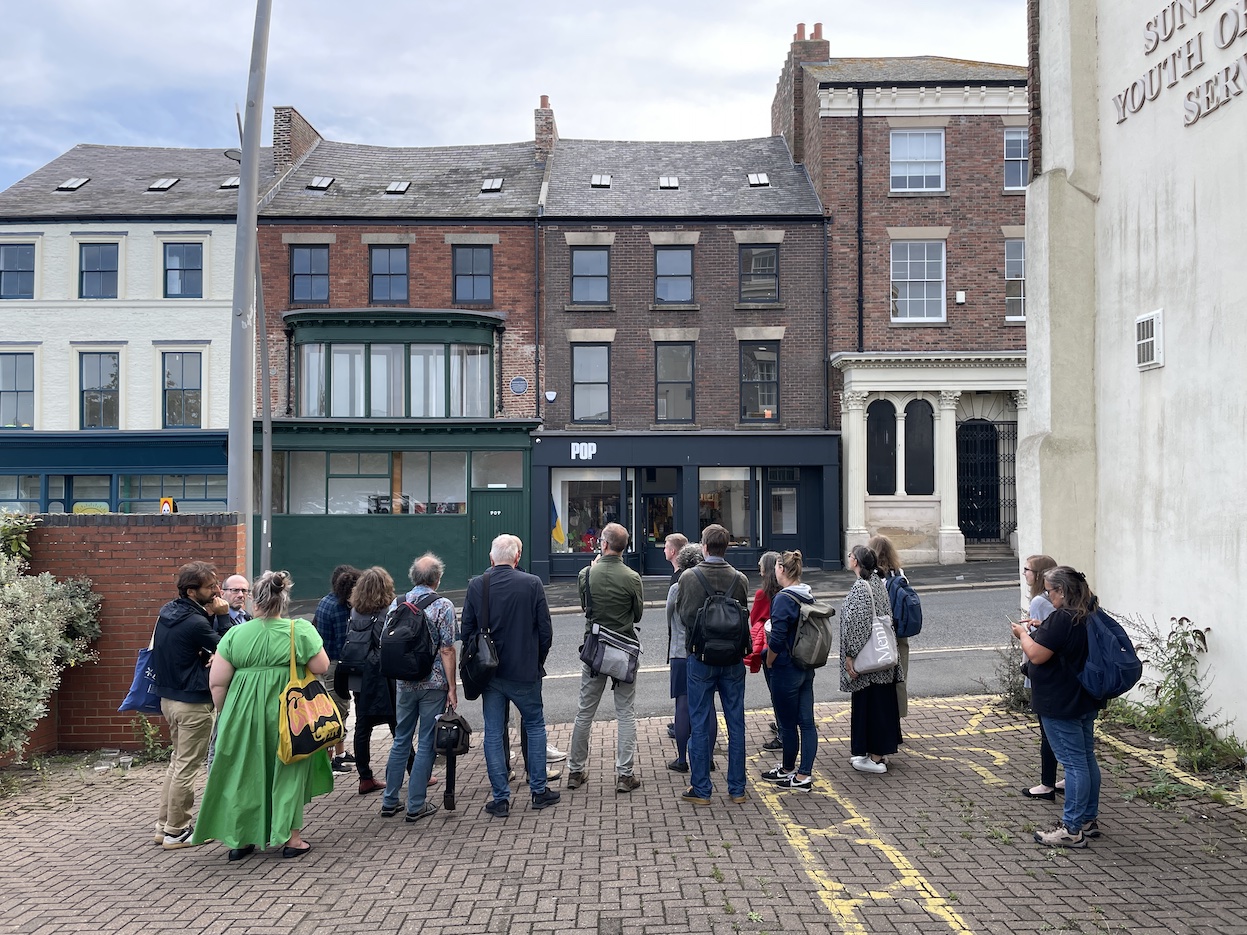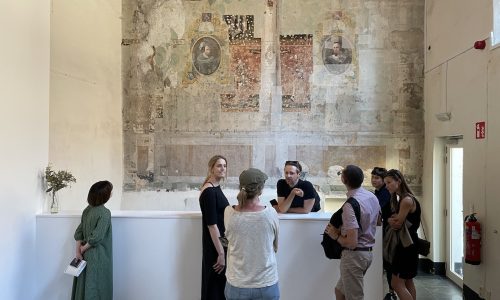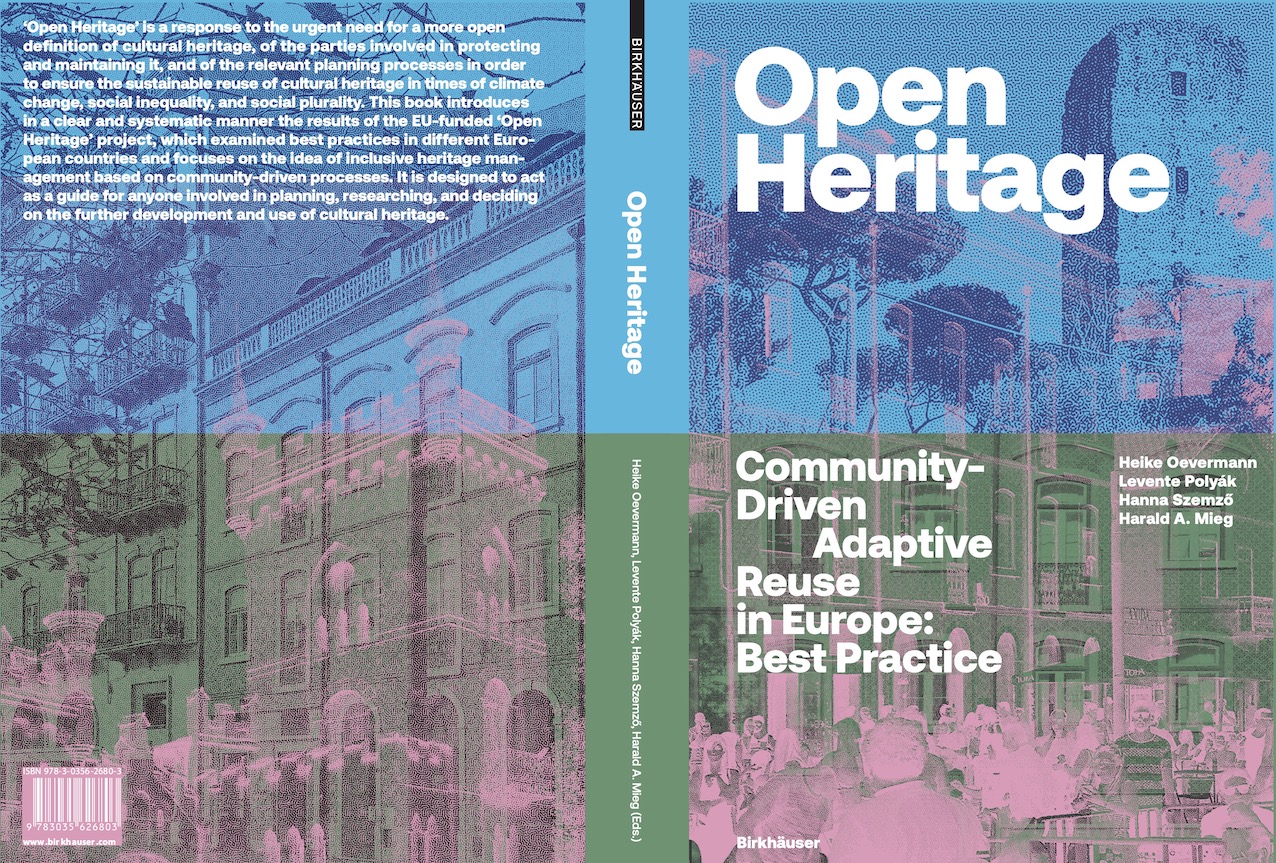Subscribe to our joint NEWSLETTER for
EUTROPIAN &
COOPERATIVE CITY MAGAZINE

The concept of heritage is often limited to major sites of mainstream history: they are predominantly spaces, buildings, complexes in central urban areas or zones with strong symbolic meaning. The representative value of these heritage sites often also makes them epicentres of significant public and financial interests. Heritage preservation and management is therefore mostly organised from the viewpoint of majority groups, holders of political or financial power; while many reference points in less central neighbourhoods or belonging to minority communities are forgotten by public policies or financial investment. With Eutropian, we have been promoting a more open, pluralistic and inclusive concept of cultural heritage. We see heritage as a crucial component of our individual and collective identities, communities and social infrastructure as well as our urban and rural fabrics. Heritage assets, central to the imagination of residents of an area or a broader community, enable people to create spaces of sociability, develop new businesses, create new welfare services, implement the logic of the circular use of land and resources and experiment with new forms of decision-making.


Eutropian has been active for over a decade in researching and exploring the possibilities of cultural heritage. In projects like Lakatlan in Budapest and the URBACT Transfer Network Temporary Use as a Tool for Urban Regeneration, we looked at unused spaces and their potential to give opportunities to civil society and social economy initiatives as well as to drive urban transformation.
In the H2020-financed project OpenHeritage we explored good practices (Observatory Cases) of community-driven adaptive heritage reuse in Europe, in order to inform and support heritage reuse initiatives across Europe. In the Interreg project AGORA we supported public administrations in reusing vacant or underused venues, often important heritage assets. We contributed to the discussion around the Council of Europe’s Heritage Strategy for the 21st Century and we participate in the research exchange project CONSIDER with a focus on industrial heritage.
Several of our projects have been gamechangers. Lakatlan and its sister projects brought temporary use and adaptive reuse in the vocabulary of local communities and public administrations across Central Europe, while TUTUR brought the topic into EU-level policies. Open Heritage supported the development of six Heritage Labs, some of which were initiated by the project itself and gave visibility of dozens of good practices of adaptive heritage reuse, some of which went on to become models for EU-level policies.
Eutropian has also been active in publishing about cultural heritage and adaptive reuse. Eutropian’s Levente Polyak published extensively about heritage development, for example about the role of heritage in the Budapest planning discourse, and with Daniela Patti, he contributed to the Citizen Involvement in Heritage report of the Council of Europe, and compiled the social cohesion component of the CoE’s heritage Strategy 21.
Most recently, we published the book Open Heritage, bringing together a series of case studies, analyses and stories of adaptive heritage reuse projects from across Europe, with a particular attention to initiatives to valorise the heritage value of buildings, non-speculative financial and economic models, inclusive governance structures, community engagement and positive territorial impact.

Eutropian has been active in telling the stories of community-driven adaptive heritage reuse projects. In Open Heritage, we led the WP responsible for Observatory Case videos, many of which have been featured in exhibitions and film festivals. Eutropian’s Levente Polyak has supported Module 2 of the Council of Europe’s MOOC focusing on the social cohesion of heritage, as well as a series of audio documentaries exploring heritage celebration, in the case of the Europa Nostra Award-winner Budapest100, or heritage reuse, in the case of the UIA project DARE in Ravenna or CUP4Creativity in Budapest.
| Cookie | Duration | Description |
|---|---|---|
| cookielawinfo-checkbox-analytics | 11 months | This cookie is set by GDPR Cookie Consent plugin. The cookie is used to store the user consent for the cookies in the category "Analytics". |
| cookielawinfo-checkbox-functional | 11 months | The cookie is set by GDPR cookie consent to record the user consent for the cookies in the category "Functional". |
| cookielawinfo-checkbox-necessary | 11 months | This cookie is set by GDPR Cookie Consent plugin. The cookies is used to store the user consent for the cookies in the category "Necessary". |
| cookielawinfo-checkbox-others | 11 months | This cookie is set by GDPR Cookie Consent plugin. The cookie is used to store the user consent for the cookies in the category "Other. |
| cookielawinfo-checkbox-performance | 11 months | This cookie is set by GDPR Cookie Consent plugin. The cookie is used to store the user consent for the cookies in the category "Performance". |
| viewed_cookie_policy | 11 months | The cookie is set by the GDPR Cookie Consent plugin and is used to store whether or not user has consented to the use of cookies. It does not store any personal data. |
